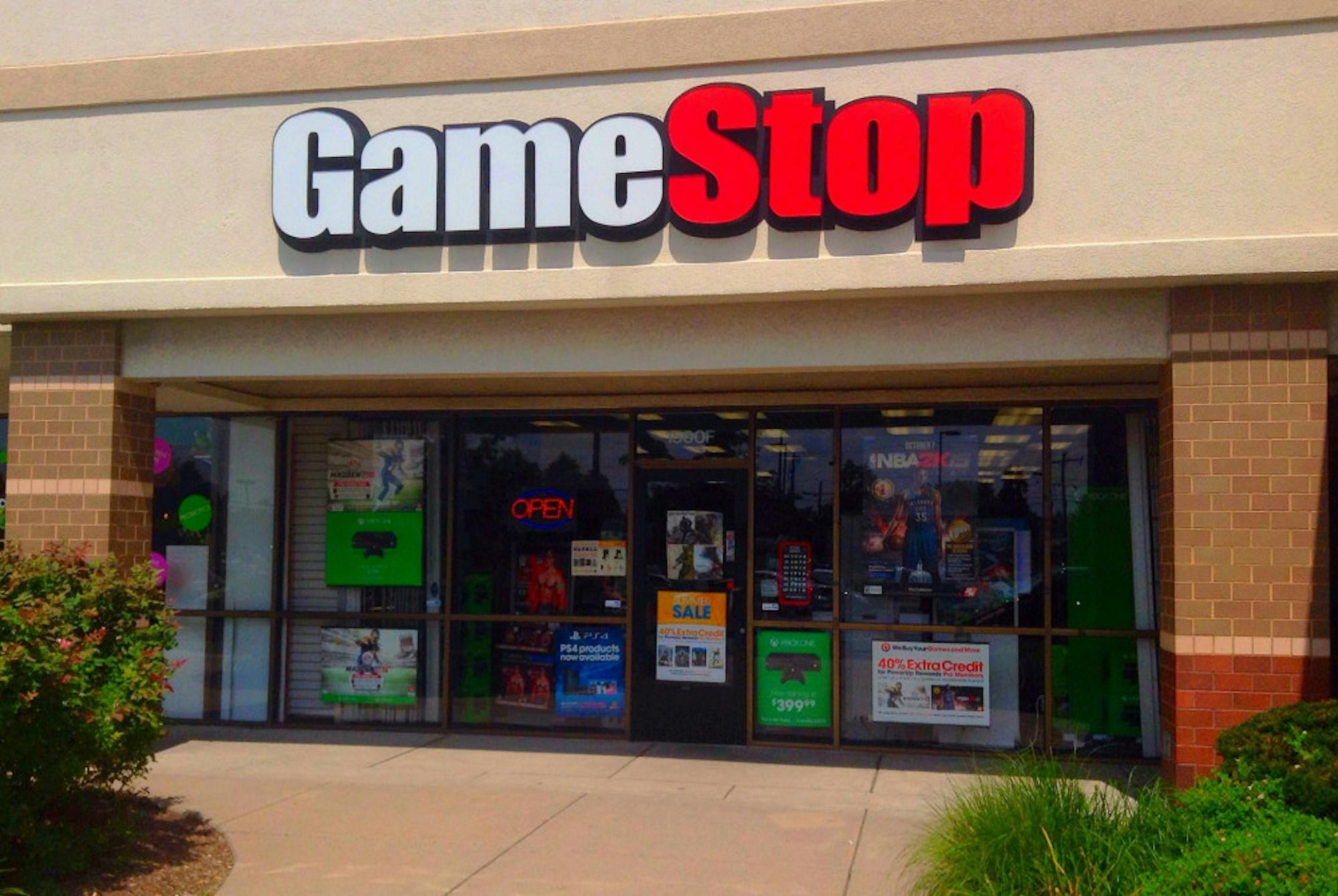Between an attempt at insurrection at the U.S. Capitol, a second impeachment and the continued havoc wreaked by COVID-19, January was a chaotic dumpster fire.
In case that wasn’t already enough news to fill an entire year, we’re experiencing one of the most significant short squeezes — when a heavily shorted stock gains massive value — in recent memory.
During the week of Jan. 24, shares in GameStop — a company that many thought was approaching failure before this month — skyrocketed. At one point, the stock gained 700%, reaching a premium close to those of Tesla, Netflix and other elites. This surge was incited by a group of investors in the subreddit r/WallStreetBets, who saw untapped potential in these stocks and amassed to buy copious shares.
“Untapped potential” is the key phrase. Many major hedge funds and individual investors were selling short on GameStop and other stocks, which is why, as of Saturday, Jan. 30, short sellers were down a net $54 billion in 2021. For this reason, when investment platform Robinhood, who facilitated a significant volume of GameStop trades, opted to restrict trading of the stock on Jan. 28, many were understandably skeptical. Robinhood hasrelationships with at least one prominent hedge fund, which raises suspicions of collusion in favor of Wall Street. Because of the aforementioned skepticism, the House of Representatives Financial Services Committee has launched an investigation that includes a hearing for CEO Vlad Tenev on Feb. 18. Additionally, there have been multiple lawsuits filed against Robinhood concerning negligence and a breach of contract.
Ever since trading of GameStop resumed on Friday, Jan. 29, the stock has plummeted. As of Feb. 5, GameStop has retreated to approximately $63.77 a share, which is still upwards of three times the price before its meteoric rise. Regardless, the result seems to be trending towards what many believe Robinhood desired: the erasure of the stock’s gains.
This timeline should be worrisome to the young investor. In a field where there is already widespread gatekeeping and elitism, to see the gains of institutions blatantly prioritized over the gains of the individual provides further evidence that the market is free for only select groups. It is especially concerning that Robinhood, whose mission states that they seek to “make investing friendly, approachable, and understandable for newcomers and experts alike," isn’t supporting its primary clientele.
Exclusion of the many in favor of gains for the few is not a novel concept, especially in the context of a wealthy elite infringing on the ambitions of the common man. The legal and structural frameworks used to perpetuate power have gained greater visibility. Whether it is through tax breaks, redlining that enforces racial and class segregation or a bevy of other systems that discriminate against the lower classes, the privileged in society always seem to find a way to remain on top. Now, to the apparent benefit of Goliath, the hedge funds, David, the common man, seems to have no chance at success.
The hypocrisy and irrationality of bolstering hedge funds at the expense of individual investors become increasingly apparent when you consider that substantial portions of the general population may support more progressive economic policy, in contrast with wealthier classes that have historically favored a more free market-oriented approach. A free market is a wonderful concept for wealthier individuals when it benefits them, but the moment it becomes detrimental to their interests, the word “free” is redefined.
Interestingly enough, many investors involved with r/WallStreetBets were rather well off and primarily in their late twenties and early thirties. The fact that this wasn’t a clear-cut generational issue makes assertions of elitism even more valid. These individuals’ upper-middle-class status provides further evidence of a growing stratification between the wealthy elite and everyone else. Even those considered to be fairly privileged are still held down in a market that panders to solely the powerful and established.
So what does this mean for us, the young generation? For starters, we need to ensure that investing is not reserved for solely the ultra-wealthy and entrenched financial institutions. We must hold those who partake in corruption of the market accountable by engaging in discourse, trading stocks ourselves and following hearings and lawsuits. Most importantly, we need to stand up for and trust what we know. If events like this set a viable precedent, there is no telling the extent to which investing will become even more elitist and inaccessible.
At the end of the day, the market should be free for everyone, not for just those who control it.






